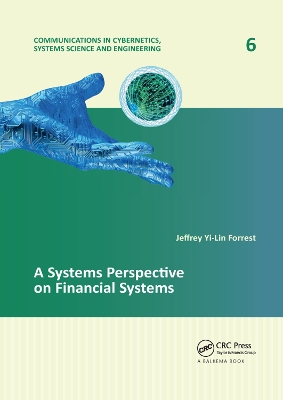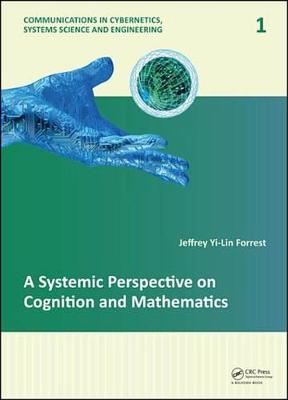Communications in Cybernetics, Systems Science and Engineering
1 primary work • 2 total works
Book 6
This book is devoted to a systems-theoretical presentation of the main results of applying the systemic yoyo model and relevant analytical tools to the topics of money and financial institutions. The author presents the main concepts and results of the subject matter in the language of systems science, which has in the past century prompted revolutionary applicati ons of systems research in various subfields of traditional disciplines. This volume applies a brand new logic of reasoning to some of the unsett led problems in the area of money and banking. Due to the particular systemic approach employed, the reader will be able to see how different economic activities are implicitly related to each other and how financial decisions are holistically made in reference to seemingly unrelated events. That is, the learning of this particular subject matter takes place at a different, more elevated level, from which, among others, economies are respectively seen as both closed and open systems; their interactions emulate those of rotational pools of fluids.
This book can be used as a textbook for researchers and graduate students in economics, finance, systems science, and mathematical / systems modeling. It will also be useful as a reference book for applied economists and various policy makers.

